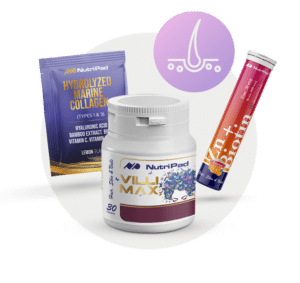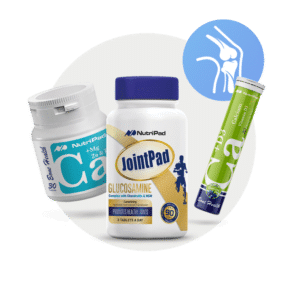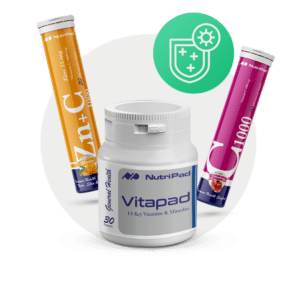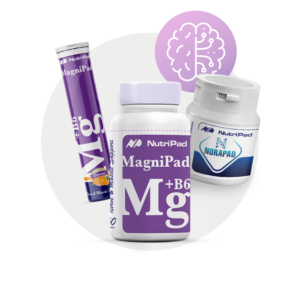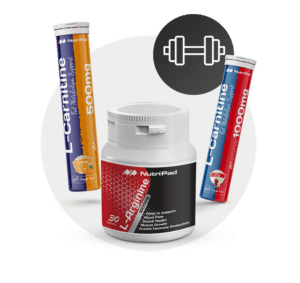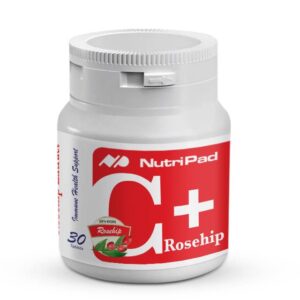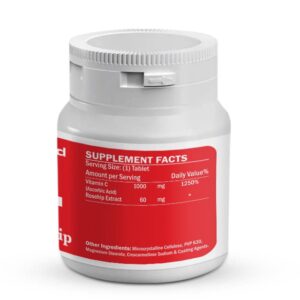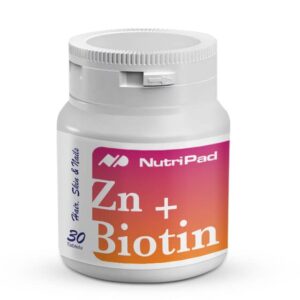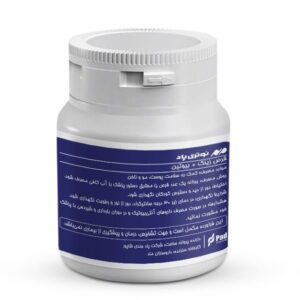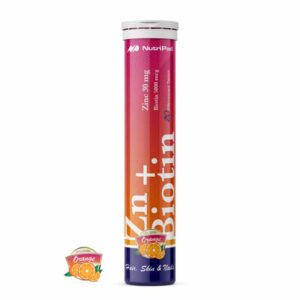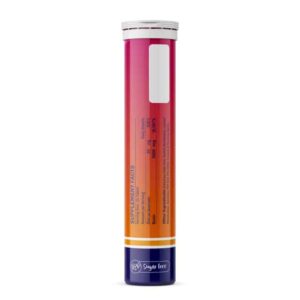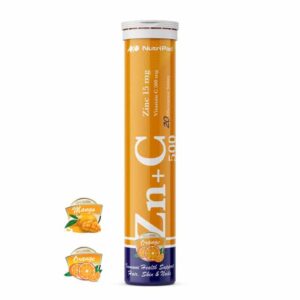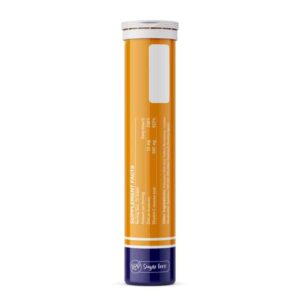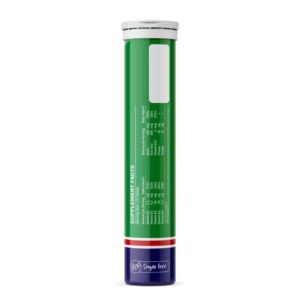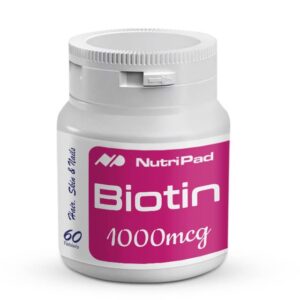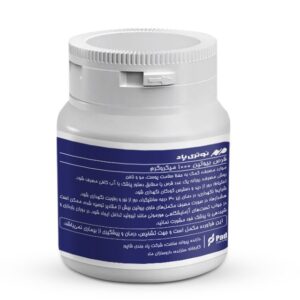Osteoarthritis: An introduction to the disease and its treatments (Part2)
Using supplements in osteoarthritis
Osteoarthritis is a chronic disease, and long-term use of drugs, could expose the patients to potential side effects. Gastrointestinal upsets and even gastrointestinal bleeding are important possible side effects of NSAIDs. These side effects are more probable in patients who have other risk factors such as age above 60 years, taking aspirin (even in low doses) or corticosteroids, etc. On the other hand, the use of some supplements has yielded promising results in controlling the symptoms of arthritis. Glucosamine, chondroitin, methyl sulfone methane (MSM), calcium fructoborate, hyaluronic acid, ginger, omega-3, devil’s claw plant, curcumin (substance found in turmeric) are among the supplements that are used to relieve symptoms in osteoarthritis. The strength of scientific evidence regarding the effectiveness of these supplements is not the same.
The best supplements in osteoarthritis
Many studies conducted evaluating effectiveness of glucosamine, especially in combination with chondroitin and MSM, and the results support their effectiveness, especially in pain relief. A drawback in using the above compounds is delayed onset of action (6 to 8 weeks). Glucosamine must be used in a dose of at least 1500 mg per day to be effective.
To shorten the onset of action, adding calcium fructoborate to glucosamine and chondroitin has been used.
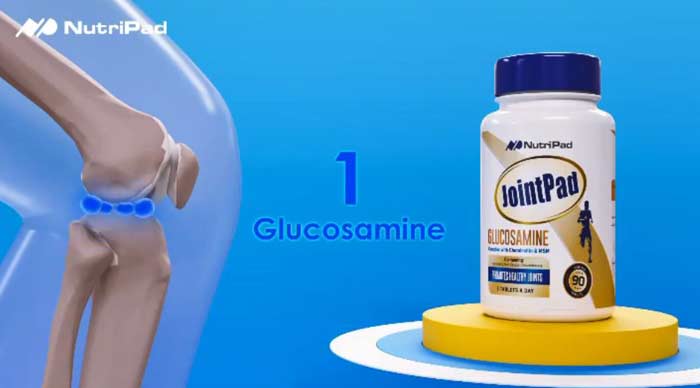

The role of calcium fructoborate in alleviating arthritis symptoms
Calcium fructoborate is a compound with anti-inflammatory effects. Combining this compound with glucosamine has been used to shorten the onset of action.
The time required to see the first effects in pain relief has been reduced to one to two weeks by taking supplements containing calcium fructoborate.
Calcium fructoborate also has systemic anti-inflammatory effects and it is known that its use is associated with the reduction of inflammatory factors in the body. For this reason, some researchers believe that it has beneficial cardiovascular effects.



